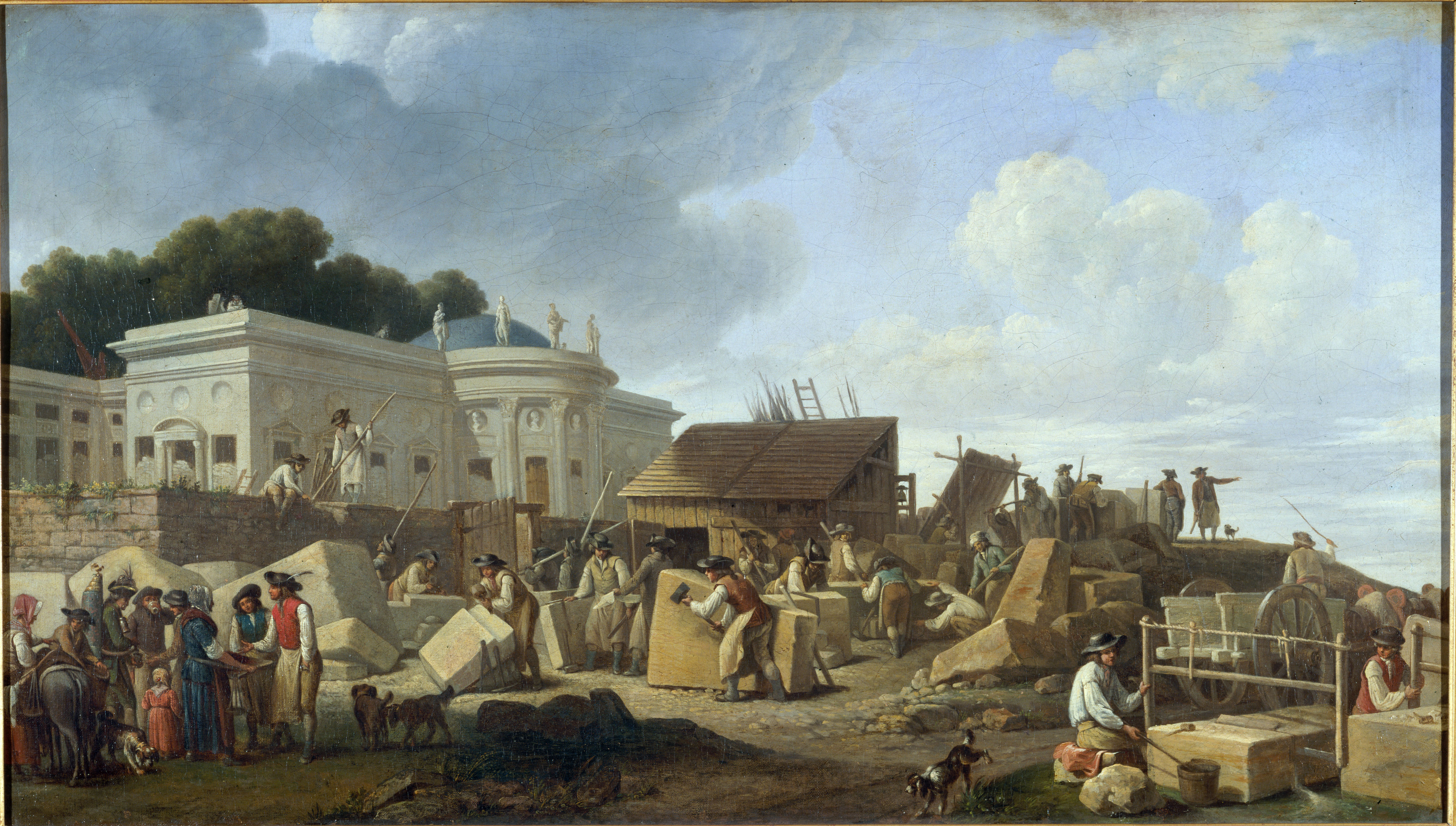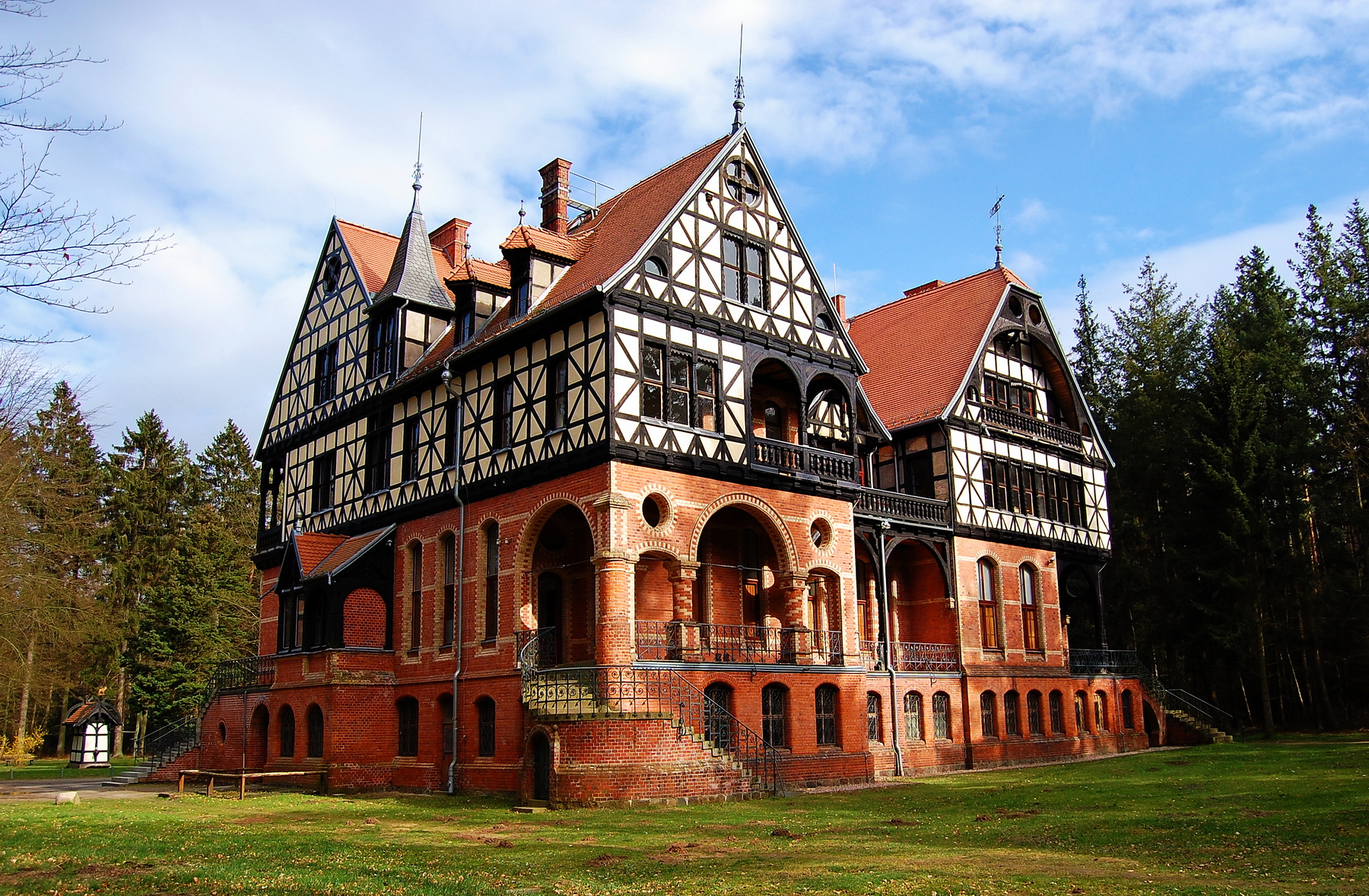|
7ème Arrondissement, Paris
The 7th arrondissement of Paris (''VIIe arrondissement'') is one of the 20 arrondissements of the capital city of France. In spoken French, this arrondissement is referred to as ''le septième''. The arrondissement, called Palais-Bourbon in a reference to the seat of the National Assembly, includes some of the major and well-known tourist attractions of Paris, such as the Eiffel Tower, the Hôtel des Invalides (Napoleon's resting place), the Chapel of Our Lady of the Miraculous Medal, as well as a concentration of museums such as the Musée d'Orsay, Musée Rodin and the Musée du Quai Branly – Jacques Chirac. Situated on the Rive Gauche—the "Left" bank of the River Seine—this central arrondissement, which includes the historical aristocratic neighbourhood of Faubourg Saint-Germain, contains a number of French national institutions, among them the National Assembly and numerous government ministries. It is also home to many foreign diplomatic embassies, some of them occ ... [...More Info...] [...Related Items...] OR: [Wikipedia] [Google] [Baidu] |
Paris
Paris () is the Capital city, capital and List of communes in France with over 20,000 inhabitants, most populous city of France, with an estimated population of 2,165,423 residents in 2019 in an area of more than 105 km² (41 sq mi), making it the List of cities proper by population density, 30th most densely populated city in the world in 2020. Since the 17th century, Paris has been one of the world's major centres of finance, diplomacy, commerce, Fashion capital, fashion, gastronomy, and science. For its leading role in the arts and sciences, as well as its very early system of street lighting, in the 19th century it became known as "the City of Light". Like London, prior to the Second World War, it was also sometimes called Caput Mundi#Paris, the capital of the world. The City of Paris is the centre of the Île-de-France Regions of France, region, or Paris Region, with an estimated population of 12,262,544 in 2019, or about 19% of the population of France, making the ... [...More Info...] [...Related Items...] OR: [Wikipedia] [Google] [Baidu] |
Diplomatic Mission
A diplomatic mission or foreign mission is a group of people from a state or organization present in another state to represent the sending state or organization officially in the receiving or host state. In practice, the phrase usually denotes an embassy, which is the main office of a country's diplomatic representatives to another country; it is usually, but not necessarily, based in the receiving state's capital city. Consulates, on the other hand, are smaller diplomatic missions that are normally located in major cities of the receiving state (but can be located in the capital, typically when the sending country has no embassy in the receiving state). As well as being a diplomatic mission to the country in which it is situated, an embassy may also be a nonresident permanent mission to one or more other countries. The term embassy is sometimes used interchangeably with chancery, the physical office or site of a diplomatic mission. Consequently, the terms "embassy resi ... [...More Info...] [...Related Items...] OR: [Wikipedia] [Google] [Baidu] |
Hotels Particuliers
A hotel is an establishment that provides paid lodging on a short-term basis. Facilities provided inside a hotel room may range from a modest-quality mattress in a small room to large suites with bigger, higher-quality beds, a dresser, a refrigerator and other kitchen facilities, upholstered chairs, a flat screen television, and en-suite bathrooms. Small, lower-priced hotels may offer only the most basic guest services and facilities. Larger, higher-priced hotels may provide additional guest facilities such as a swimming pool, business centre (with computers, printers, and other office equipment), childcare, conference and event facilities, tennis or basketball courts, gymnasium, restaurants, day spa, and social function services. Hotel rooms are usually numbered (or named in some smaller hotels and B&Bs) to allow guests to identify their room. Some boutique, high-end hotels have custom decorated rooms. Some hotels offer meals as part of a room and board arrangement. In J ... [...More Info...] [...Related Items...] OR: [Wikipedia] [Google] [Baidu] |
Mansions
A mansion is a large dwelling house. The word itself derives through Old French from the Latin word ''mansio'' "dwelling", an abstract noun derived from the verb ''manere'' "to dwell". The English word ''manse'' originally defined a property large enough for the parish priest to maintain himself, but a mansion is no longer self-sustaining in this way (compare a Roman or medieval villa). '' Manor'' comes from the same root—territorial holdings granted to a lord who would "remain" there. Following the fall of Rome, the practice of building unfortified villas ceased. Today, the oldest inhabited mansions around the world usually began their existence as fortified houses in the Middle Ages. As social conditions slowly changed and stabilised fortifications were able to be reduced, and over the centuries gave way to comfort. It became fashionable and possible for homes to be beautiful rather than grim and forbidding allowing for the development of the modern mansion. In British Engli ... [...More Info...] [...Related Items...] OR: [Wikipedia] [Google] [Baidu] |
Nobles
Nobility is a social class found in many societies that have an aristocracy. It is normally ranked immediately below royalty. Nobility has often been an estate of the realm with many exclusive functions and characteristics. The characteristics associated with nobility may constitute substantial advantages over or relative to non-nobles or simply formal functions (e.g., precedence), and vary by country and by era. Membership in the nobility, including rights and responsibilities, is typically hereditary and patrilineal. Membership in the nobility has historically been granted by a monarch or government, and acquisition of sufficient power, wealth, ownerships, or royal favour has occasionally enabled commoners to ascend into the nobility. There are often a variety of ranks within the noble class. Legal recognition of nobility has been much more common in monarchies, but nobility also existed in such regimes as the Dutch Republic (1581–1795), the Republic of Genoa (1005� ... [...More Info...] [...Related Items...] OR: [Wikipedia] [Google] [Baidu] |
Le Marais
The Marais (Le Marais ; "the marsh") is a historic district in Paris, France. Having once been an aristocratic district, it is home to many buildings of historic and architectural importance. It spreads across parts of the 3rd and 4th arrondissements in Paris on the Rive Droite, or Right Bank, of the Seine. After a long period of decay the district has undergone a transformation in recent years and is now once again among the more fashionable areas of the city. History Paris aristocratic district In 1240, the Knights Templar built a fortified church just outside the walls of Paris, in the northern part of the Marais. The Temple turned this district into an attractive area which became known as the Temple Quarter, and many religious institutions were built nearby: the convents des Blancs-Manteaux, de Sainte-Croix-de-la-Bretonnerie and des Carmes-Billettes, as well as the church of Sainte-Catherine-du-Val-des-Écoliers. During the mid-13th century, Charles I of Anjou, King ... [...More Info...] [...Related Items...] OR: [Wikipedia] [Google] [Baidu] |
High Nobility
Traditional rank amongst European royalty, peers, and nobility is rooted in Late Antiquity and the Middle Ages. Although they vary over time and among geographic regions (for example, one region's prince might be equal to another's grand duke), the following is a reasonably comprehensive list that provides information on both general ranks and specific differences. Distinction should be made between reigning (or formerly reigning) families and the nobility – the latter being a social class subject to and created by the former. Ranks and titles Sovereign * The word ''monarch'' is derived from the Greek μονάρχης, ''monárkhēs'', "sole ruler" (from μόνος, ''mónos'', "single" or "sole", and , ''árkhōn'', archon, "leader", "ruler", "chief", the word being the present participle of the verb ἄρχειν, ''árkhein'', "to rule", "to lead", this from the noun ὰρχή, ''arkhē'', "beginning", "authority", "principle") through the Latinized form ''monarcha' ... [...More Info...] [...Related Items...] OR: [Wikipedia] [Google] [Baidu] |
Neuilly-sur-Seine
Neuilly-sur-Seine (; literally 'Neuilly on Seine'), also known simply as Neuilly, is a commune in the department of Hauts-de-Seine in France, just west of Paris. Immediately adjacent to the city, the area is composed of mostly select residential neighbourhoods, as well as many corporate headquarters and a handful of foreign embassies. It is the wealthiest and most expensive suburb of Paris. Together with the 16th and 7th arrondissement of Paris, the town of Neuilly-sur-Seine forms the most affluent and prestigious residential area in the whole of France. It has the 2nd highest average household income in France, at €112,504 per year (in 2020). History Originally Pont de Neuilly was a small hamlet under the jurisdiction of Villiers, a larger settlement mentioned in medieval sources as early as 832 and now absorbed by the commune of Levallois-Perret. It was not until 1222 that the little settlement of Neuilly, established on the banks of the Seine, was mentioned for the firs ... [...More Info...] [...Related Items...] OR: [Wikipedia] [Google] [Baidu] |
Aristocracy
Aristocracy (, ) is a form of government that places strength in the hands of a small, privileged ruling class, the aristocrats. The term derives from the el, αριστοκρατία (), meaning 'rule of the best'. At the time of the word's origins in ancient Greece, the Greeks conceived it as rule by the best-qualified citizens—and often contrasted it favorably with monarchy, rule by an individual. The term was first used by such ancient Greeks as Aristotle and Plato, who used it to describe a system where only the best of the citizens, chosen through a careful process of selection, would become rulers, and hereditary rule would actually have been forbidden, unless the rulers' children performed best and were better endowed with the attributes that make a person fit to rule compared with every other citizen in the polity. Hereditary rule in this understanding is more related to oligarchy, a corrupted form of aristocracy where there is rule by a few, but not by the best. P ... [...More Info...] [...Related Items...] OR: [Wikipedia] [Google] [Baidu] |







